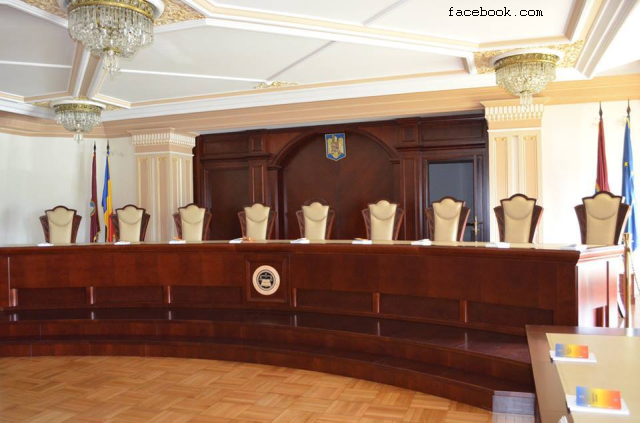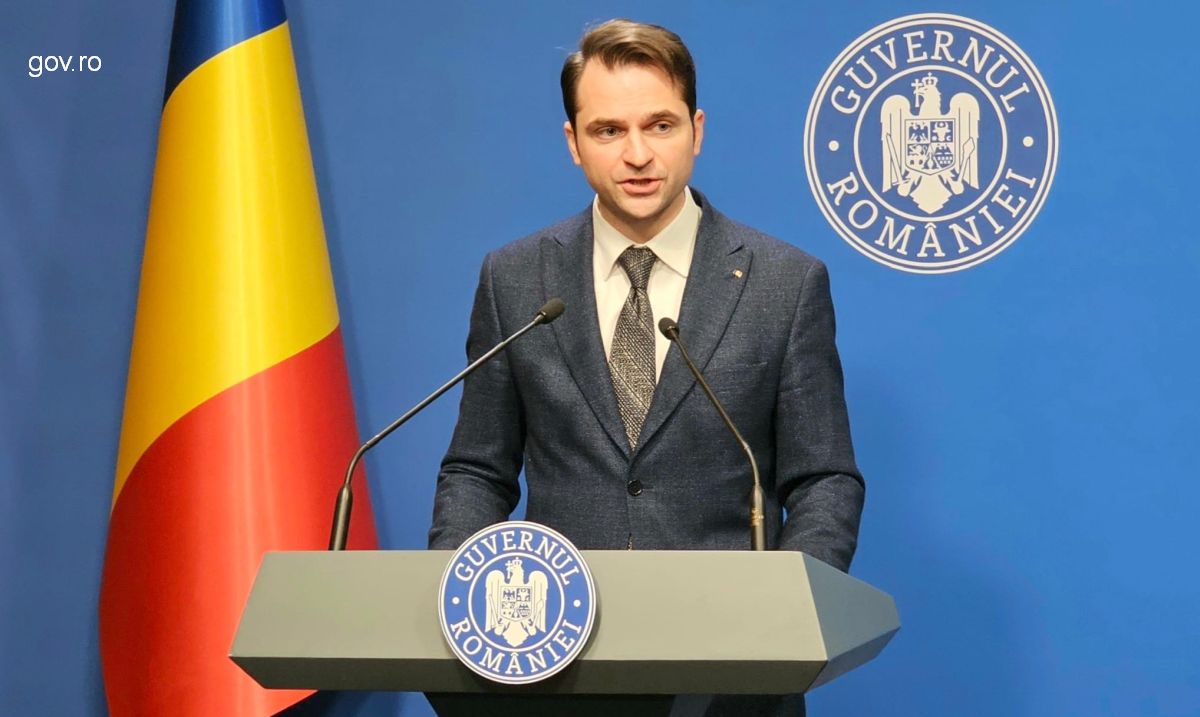Constitutional Court to look at the justice laws
Met with criticism by the opposition, civil society and even the European Union, parts of Romania's new justice laws are now being looked at by the Constitutional Court

Leyla Cheamil, 31.01.2018, 14:04
Plans to
amend the justice laws have already sparked new street protests this year in
Romania. The amendments, initiated by the leftist ruling coalition formed by
the Social Democratic Party and the Alliance of Liberals and Democrats, have
been criticised by the right-wing opposition, civil society and some of the
magistrates, who say they aim to place the judiciary under political control.
Three pieces of legislation, on the status of magistrates, on judicial
organisation, and on the functioning of the Supreme Council of Magistracy, were
immediately challenged before the Constitutional Court by the National Liberal
Party, the main opposition party, and the High Court of Cassation and Justice.
Claimants say the three laws violate the Constitution and are confusing. On
Tuesday, the Constitutional Court accepted some of the complaints having to do
with the law on the status of magistrates and asked for a redefinition of the
concepts of judicial error, bad faith and grave negligence that appear in
the provisions on magistrates’ accountability. The president of the
Constitutional Court Valer Dorneanu said the court postponed for the 13th
of February a discussion of the complaints against the law on the functioning
of the Supreme Council of Magistracy.
Valer Dorneanu: The
court has not admitted some of the complaints that were insufficiently
motivated. It has admitted a series of complaints, including some against the
section of the law dealing with the accountability of magistrates, and has
requested a redefinition of the notions of ‘judicial error’, ‘bad faith’ and
‘grave negligence’.
Valer Dorneanu
also says the Court has admitted the complaints against the provisions dealing
with the role of the president of the country in the appointment of chief
prosecutors, complaints that seek to achieve a clearer division of roles
between the president and the Constitutional Court. President Klaus Iohannis,
who attended the Supreme Council of Magistracy’s first meeting this year, also
criticised the way in which the new justice laws were passed. He was hoping at
the time that the laws would be improved and that the Constitutional Court
judges would analyse them with professionalism and objectivity.
The amendments
to the justice laws have also caused concern at the top of the European Union.
A week ago, the European Commission voiced its concern about the recent
developments in Romania and called on Parliament to reconsider the changes to
the justice laws. According to the Commission, the independence of the judicial
system and its ability to fight corruption efficiently are the cornerstones of
a strong Romania within the European Union. (translated by Cristina Mateescu)






























